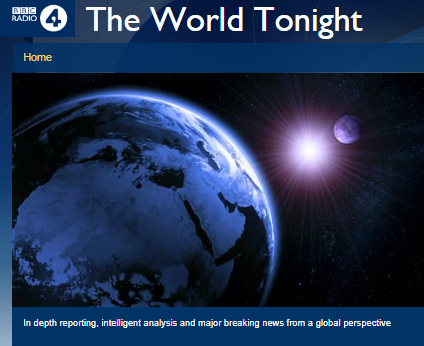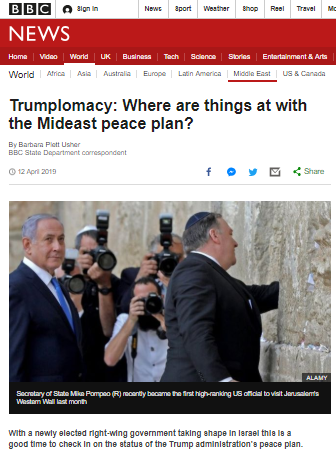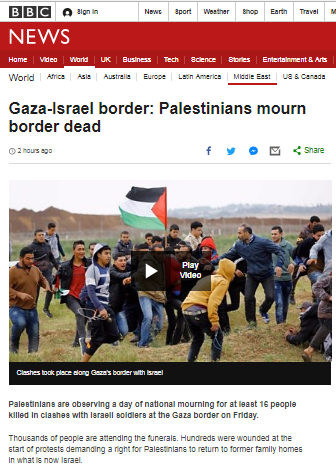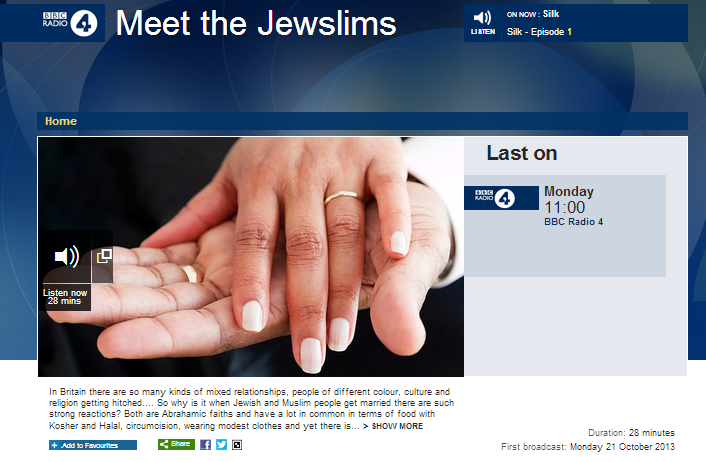The BBC’s editorial guidelines on accuracy begin with a section titled ‘Gathering Material’.
“3.3.2 In news and current affairs content, achieving due accuracy is more important than speed.
3.3.3 We should try to witness events and gather information first-hand. Where this is not possible, we should talk to first-hand sources and, where practicable, corroborate their evidence.
3.3.4 We should be reluctant to rely on a single source. If we do rely on a single source, it should be credible, and a named, on-the-record source is always preferable.”
A later section titled “Material from Third Parties” states:
“3.3.13 Material supplied by third parties, including news providers, needs to be treated with appropriate caution, taking account of the reputation of the source.
We should normally only rely on an agency report if it can be substantiated by a BBC correspondent or if it is attributed to a reputable news agency.
We should only use other material supplied by third parties if it is credible and reliable.”
A sub-section titles “Sources” flags up criteria indicating the need for a “Mandatory Referral”: [emphasis added]
“Any proposal to rely on a single unnamed source making a serious allegation […] must be referred to Director Editorial Policy and Standards and Programme Legal Advice, who will consider whether or not:
-
- the story is of significant public interest
- the source is of proven credibility and reliability and in a position to have sufficient knowledge of the events featured
- a serious allegation was made or substantiated off the record
- a response to serious allegations has been sought”
And:
“When the allegations have not been independently corroborated, we should consider if it is appropriate to inform the audience.”
On August 22nd the New York Times published a report which claimed that:
“Two senior American officials…said that Israel had carried out several strikes in recent days on munitions storehouses for Iranian-backed groups in Iraq.”
The New York Times did not identify those “two senior American officials” or provide any information concerning their qualification to comment on the matter. It is therefore difficult to believe that the BBC could have ensured that “the source is of proven credibility and reliability and in a position to have sufficient knowledge of the events featured” or that the corporation ensured that the allegations made were “independently corroborated”.
Nevertheless, on August 23rd the BBC Radio 4 programme ‘The World Tonight’ aired an item which was introduced by presenter Ritula Shah (from 36:36 here) as follows: [emphasis in italics in the original, emphasis in bold added]
Shah: “Reports from US officials in American news outlets say that Israel carried out an air strike on a weapons depot in Iraq, which officials say is being used by Iran to move weapons to Syria. It appears to be a significant escalation in Israel’s campaign against what it sees as Iranian military assets in Iraq and could destabilise the country.”
Note the framing there: Radio 4 listeners are told that it would be any Israeli action to counter the transfer of weapons from Iran to Syria via Iraq which “could destabilise” the latter country rather than the transfer of weapons itself or the presence of Iranian assets in Iraqi militias.
Shah then introduced her sole interviewee – without clarifying that she is not a military correspondent – and while claiming that third hand statements – unverified by the BBC – from anonymous sources constitute “confirmation”.
Shah: “Let’s speak to Allison Kaplan Sommer who is a journalist at the Left-leaning Israeli newspaper Haretz [sic]. Ahm, just what does…what does this tell us that the confirmation of these air strikes have come from US sources?”
Towards the end of the nearly four and a half minute-long item, Shah returned to her earlier framing.
Shah: “…this is believed to be the first Israeli bombing in Iraq in nearly four decades. Do you think that this is a dangerous opening up of a new front?”
When this story first broke the BBC News website promoted unsubstantiated claims concerning Israeli involvement from an inadequately identified senior Iranian asset. The following day those claims were slightly walked back in another report.
Now we see the BBC using anonymous and uncorroborated claims published by another media outlet to promote the framing of the story it obviously wishes to amplify – with blatant disregard for its own editorial standards.
Related Articles:




